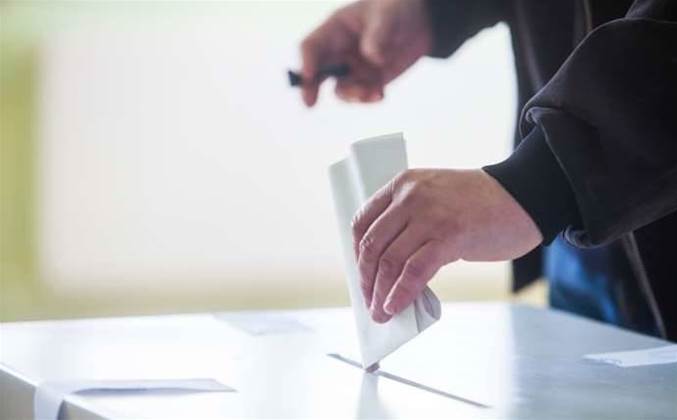The Victorian Electoral Commission has been told by the state's auditor to have a long, hard look at how it approaches e-voting after only just over 1100 people used the system in the 2014 state election.

The VEC has experimented with several different styles of electronic voting over the last few state polls, targeted at interstate and overseas voters as well as those with mobility, vision and English language difficulties.
After toying at one point with an online voting system very similar to the one currently being used by NSW, the VEC installed its in-house developed vVote onsite assisted voting solution at 25 early polling centres for the 2014 election.
But in his periodic review of the November 2014 poll [pdf], acting Victorian auditor-general Peter Frost has revealed that only 1121 votes were cast using vVote, and nearly all were from the same cohort of expats voting from London.
The system remained “poorly utilised” by Victorians who are blind or vision impaired, or who face language barriers - those it was originally designed to assist.
In fact, the VEC wound back the number of sites in which electronically assisted voting was available in 2014 compared to 2010.
The move won it the derision of Vision Australia, which complained to parliament in July 2015 that Victoria had “regressed” and “fallen well behind other states in providing accessible voting for people who are blind or have low vision”.
“There are approximately 90,000 people who are blind or have low vision in Victoria and they continue to experience unnecessary discrimination when it comes to voting,” the organisation said in a letter.
The way legislation currently stands in Victoria also means vVote cannot be made available on election day, only to early voters.
This means in many cases, users are forced to select their candidates before the full electoral campaign has been fought.
The audit team managed to speak to a small sample of the 1121 vVote users in 2015, including just six who used it within Victoria, and found the users generally trusted the process but found it confusing.
Today’s audit report also warned that the way vVote operates makes it difficult to scale up its operations, as the technology demands extensive staff training to be used properly.
Frost warned the VEC it was at a crossroads and needed to think carefully about where it takes electronic voting in the future.
“VEC will need to determine whether to further refine vVote, provide an alternative [electronically assisted voting] system or abandon EAV altogether," he wrote in the report.
“A robust evaluation will assist future decisions about accessible voting technologies."



_(20).jpg&h=140&w=231&c=1&s=0)

_(33).jpg&h=140&w=231&c=1&s=0)





 iTnews Benchmark Awards 2026
iTnews Benchmark Awards 2026
 iTnews Executive Retreat - Security Leaders Edition
iTnews Executive Retreat - Security Leaders Edition
 iTnews Cloud Covered Breakfast Summit
iTnews Cloud Covered Breakfast Summit
 The 2026 iAwards
The 2026 iAwards












_(1).jpg&h=140&w=231&c=1&s=0)



